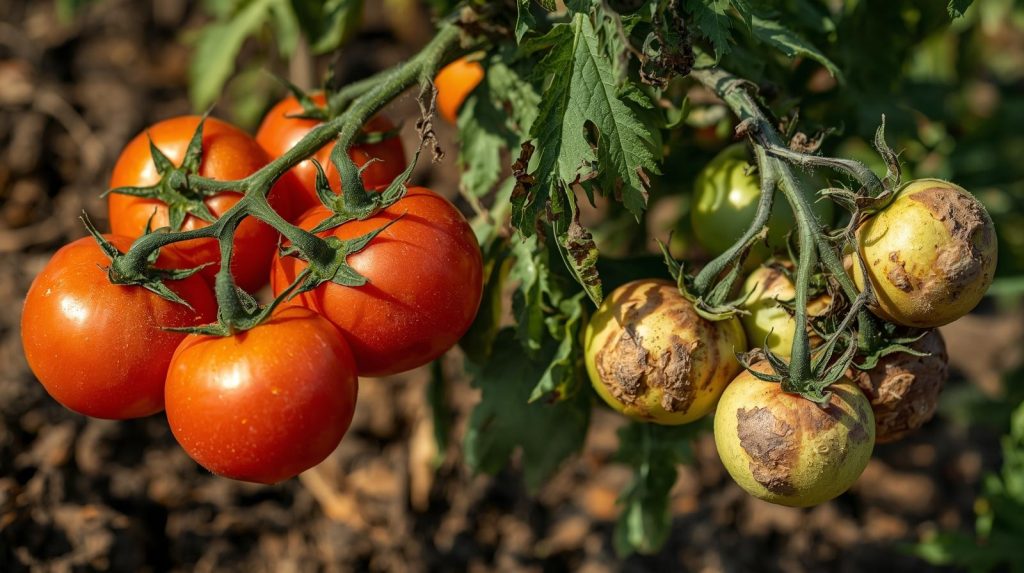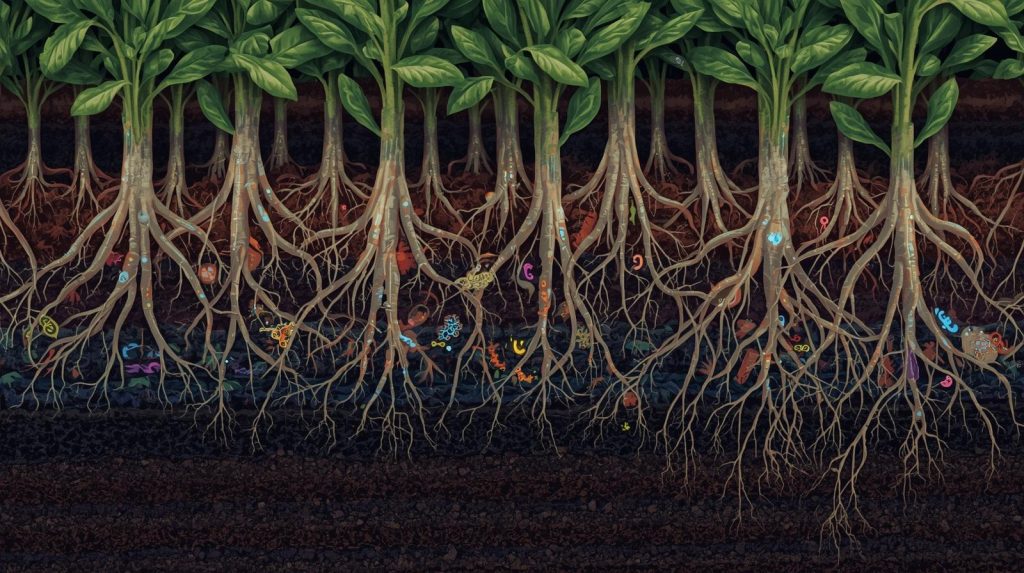Posted inAgriculture Biochemistry Emerging Science
Sustainable Biorational Pesticides for Managing Tomato Fruit Borer (Helicoverpa armigera) in Nepal
A new study from Tribhuvan University, Nepal evaluates sustainable biorational pesticides for controlling Helicoverpa armigera in tomato crops. The research highlights eco-friendly alternatives like Spinosad, Neem, and Chlorantraniliprole that significantly reduce pest populations while enhancing yield and profitability.









